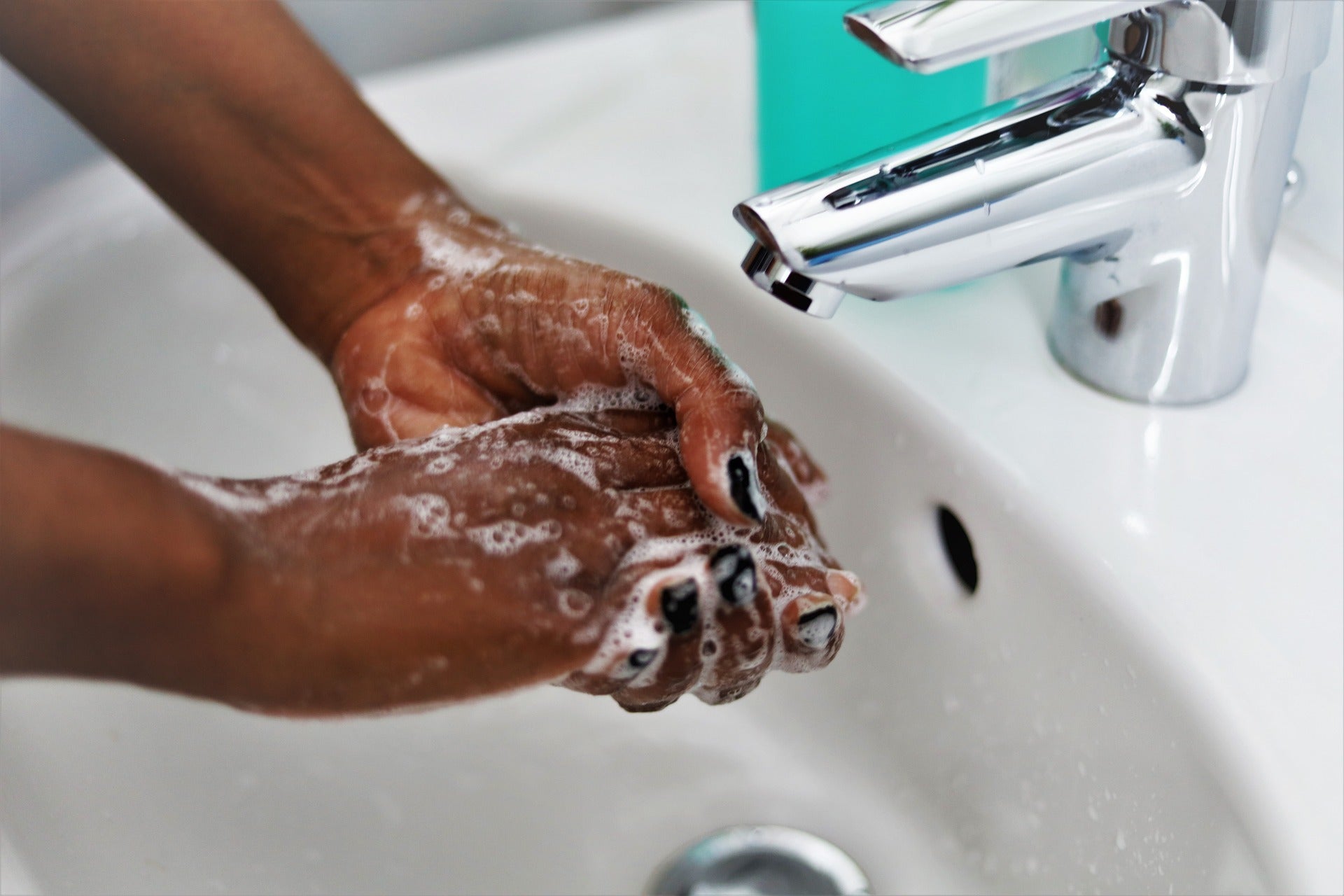
Why You Need to Know What’s in Your Soap
Dec 18 , 2022
0 Comments
You’ve probably been using soap since before you can even remember. Like brushing your teeth and eating food, using soap is something you do every single day without even thinking about it.
But, here’s why you need to think about it a little—and how we’ve done it for you :)
Some very common ingredients in soap can actually be bad for your skin. Seems silly, right? We’ve broken down five ingredients you never want to see in your soaps because they can cause dryness, irritation, and sometimes severe health problems. Here are some common soap ingredients that can be harmful:
Sulfates:
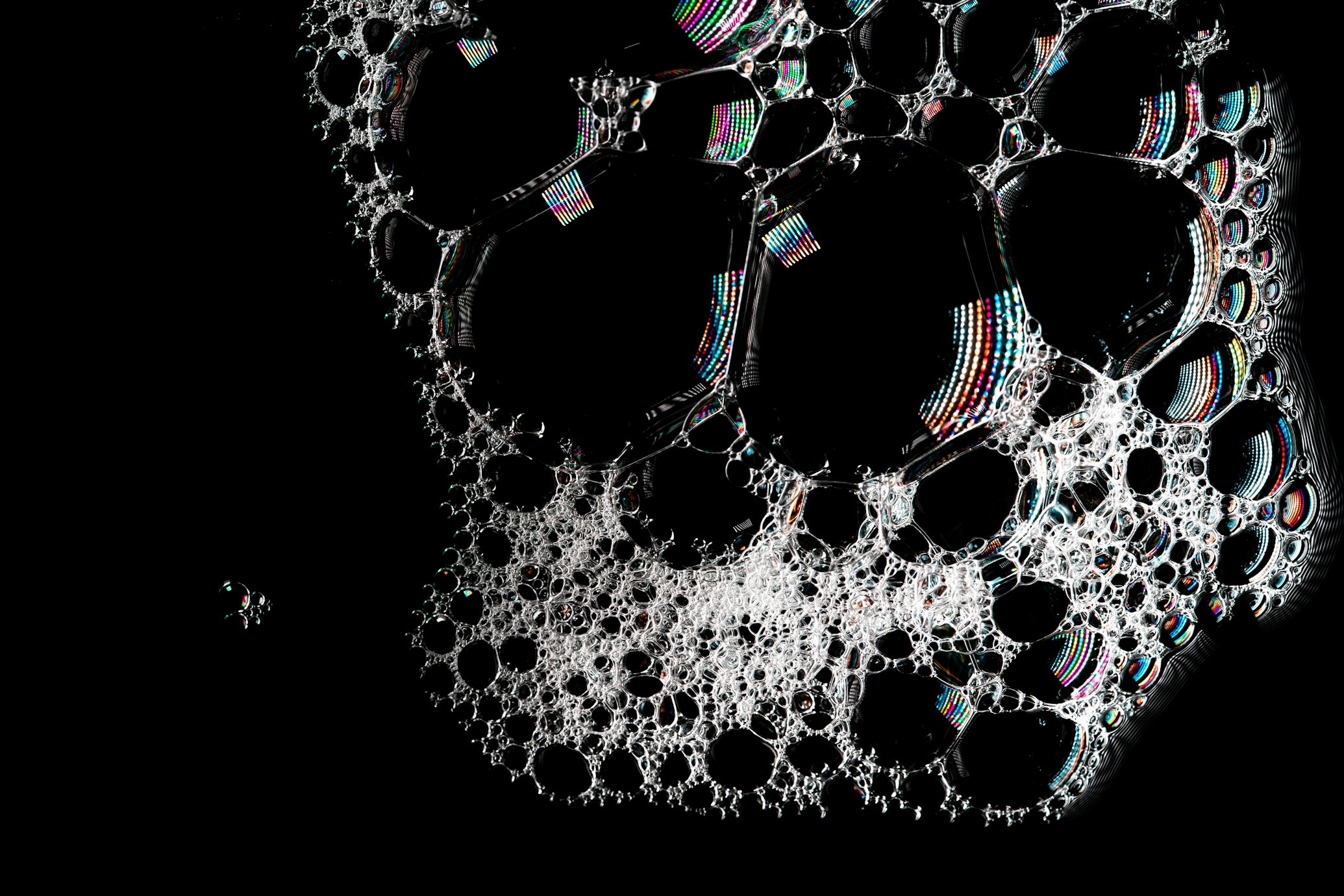
Sometimes, sulfates like SLS and SLES end up removing too much oil, washing off the skin's protective barrier and causing redness and dry, itchy skin. Dermatitis and edema
Artificial Fragrances:
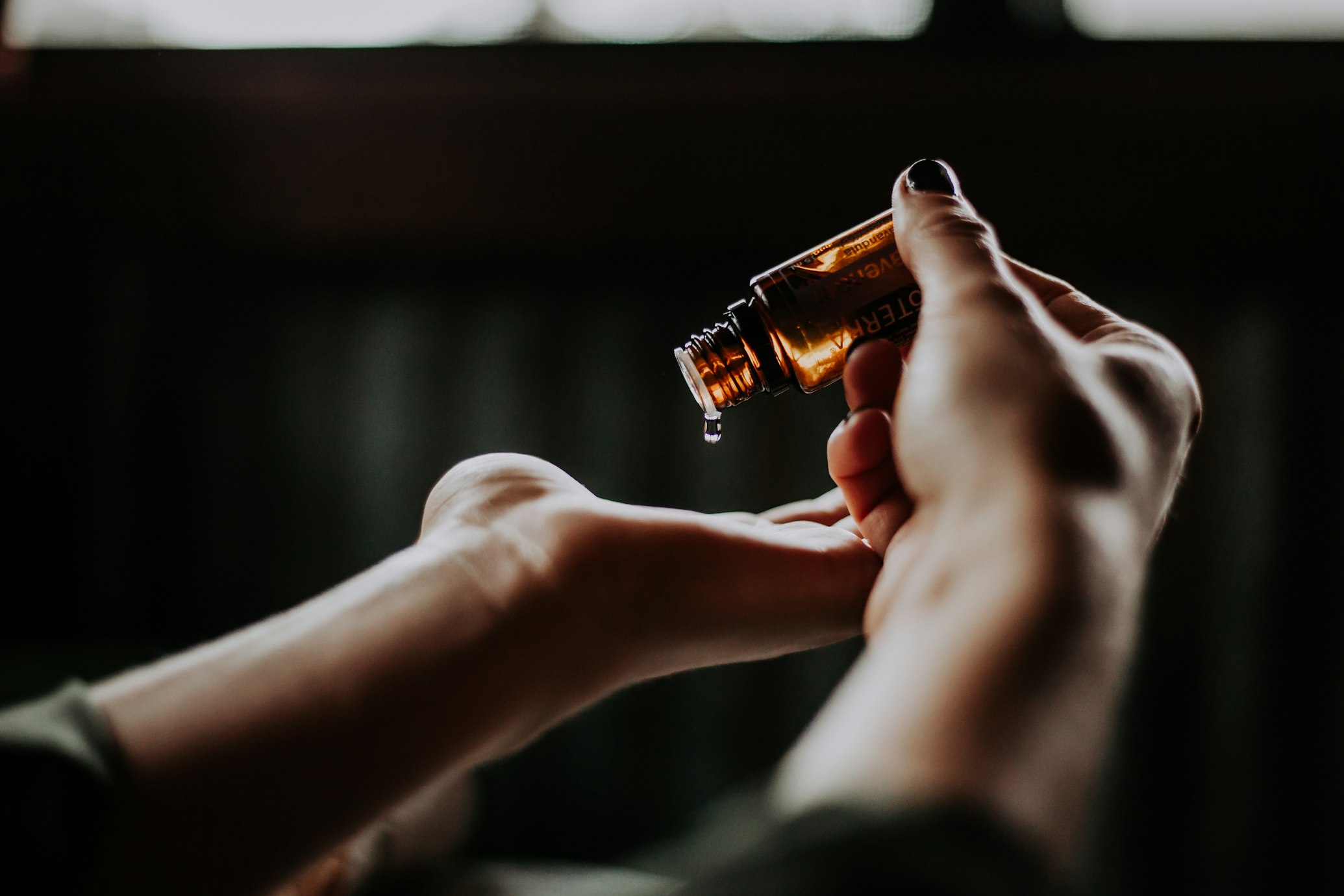
Some soaps have added fragrances to make them smell nice, but these fragrances can irritate our skin, especially if we have allergies or sensitivities. While we all want to use soap that smells good, it’s important to lean toward products that are fragrances with natural ingredients, like essential oils, to avoid rubbing harsh chemicals on our skin.
Alcohol:
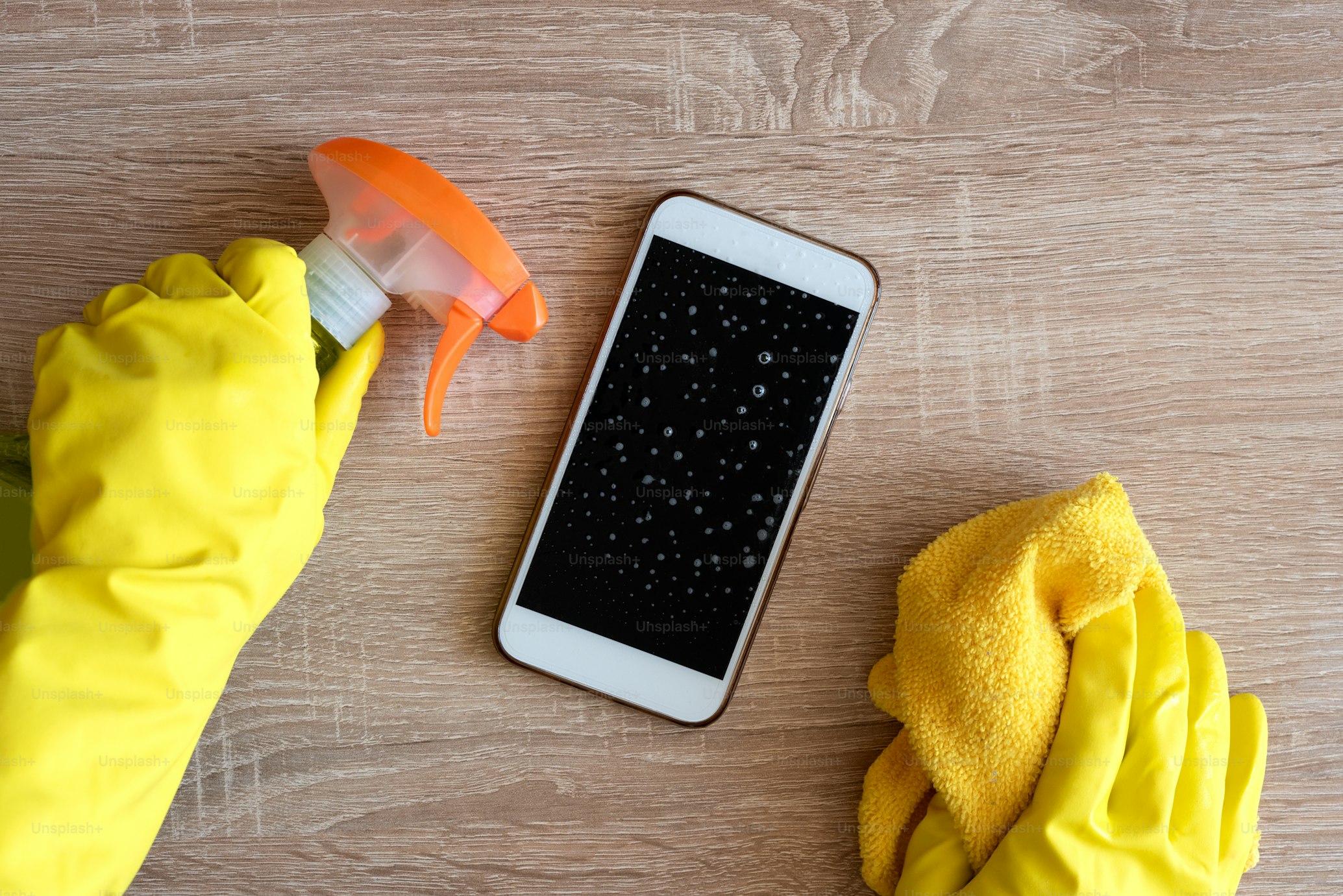
- live in cold climates
- have sensitive skin
- have a history of eczema, psoriasis, or other skin conditions
- are using the soap for your children, especially babies!
Parabens:
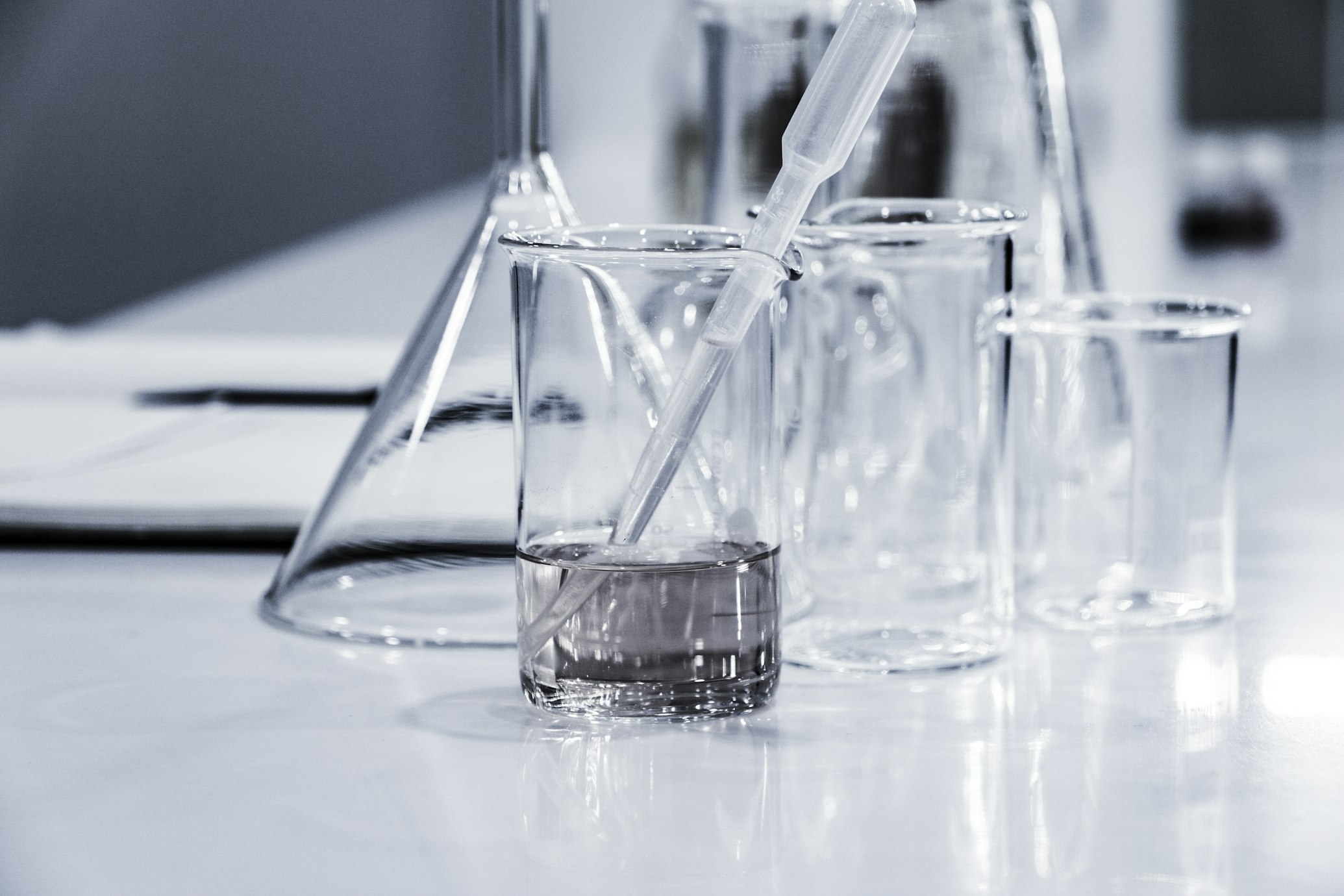
We hear about these all the time, but what are they? Parabens are chemicals used to make soap last longer, but this benefit comes at a steep price.
When looking at soap labels, look for words like Methylparaben, propylparaben, and butylparaben. These are three of the most common paraben ingredients in cosmetic products, all of which have been linked to health problems like hormone disruption and cancer.
Triclosan:
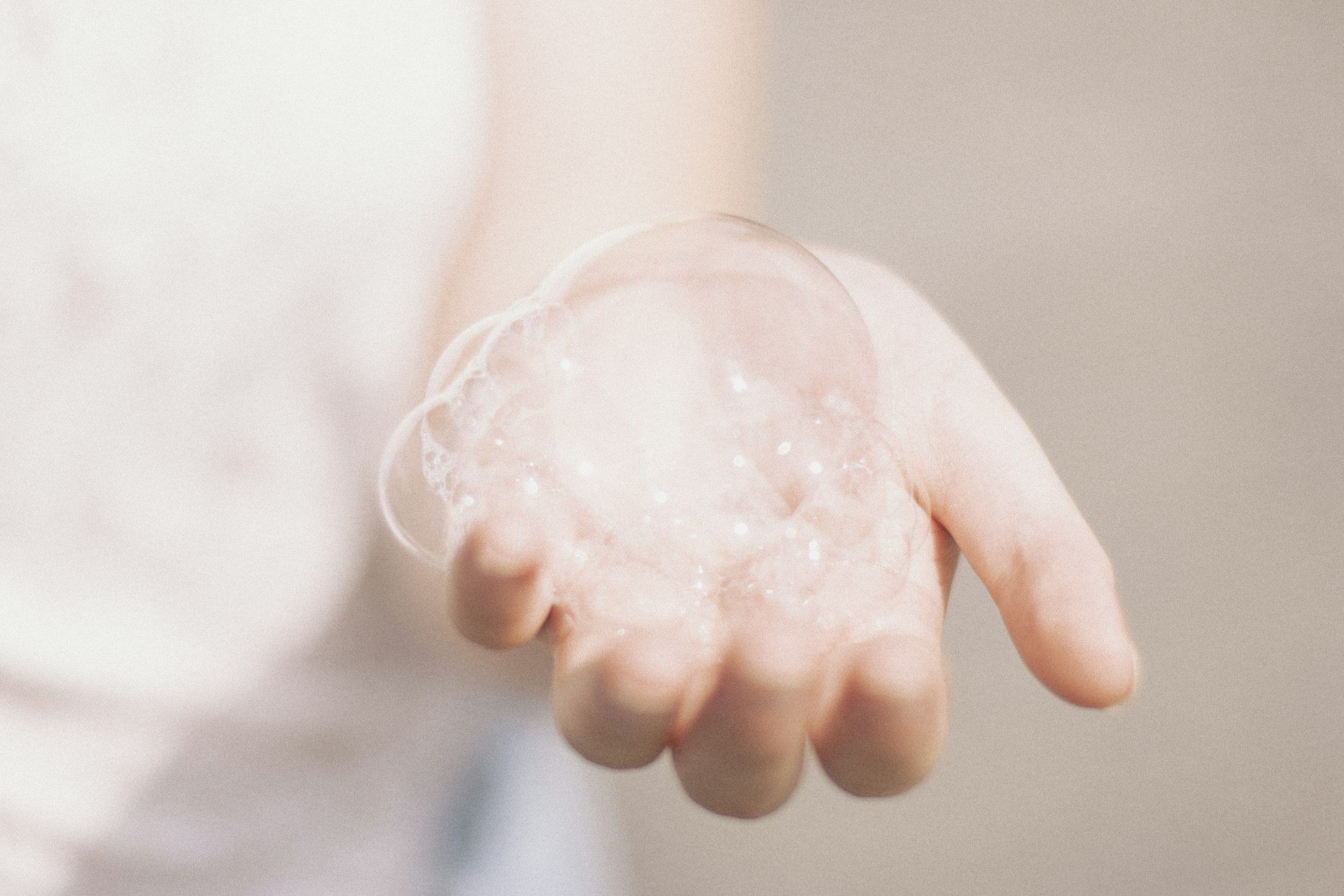
This is a germ-killing chemical that is sometimes added to soap. However, triclosan is an endocrine-disrupting chemical. That means it can harm your endocrine system, leading to issues with proper hormone function. Some animal studies have shown that exposure to high amounts of the ingredient may cause a decrease in certain thyroid hormones, resulting in natural hormone disruption and even antibiotic resistance.
***
To summarize:
It's best to choose soap that is made with natural ingredients and does not have sulfates, artificial fragrances, alcohol, parabens, or triclosan. These types of soap are usually gentler on our skin and less likely to cause irritation or dryness.
If you have specific skin concerns, this is where buying natural, hand-made soaps becomes even more important. A soap-maker will be able to provide you with higher-quality ingredients than the bars you see in your grocery store.
Remember: soap should be gentle but still effective at cleaning.




